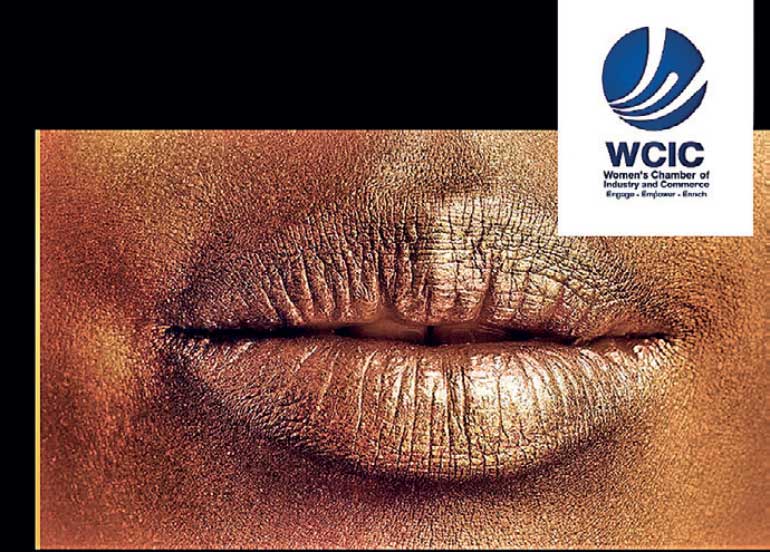Tuesday Feb 17, 2026
Tuesday Feb 17, 2026
Tuesday, 4 October 2022 00:00 - - {{hitsCtrl.values.hits}}

WCIC recently launched a project that helped investigate the effects of GBVH on women in Sri Lanka in conjunction with its yearly signature event, the Women Leadership Forum 2022.
The project was conducted with the support of an affiliate of the US Chamber of Commerce, the Centre for International Private Enterprise (CIPE). CIPE was founded to promote the expansion of independent business institutions abroad and the development of free markets and private enterprise systems.
WCIC Project Manager Sarrah Sammoon explained that WCIC did the survey to understand the impact of GBVH on working women in Sri Lanka. The mission of the survey conducted was to help WCIC in carrying out the development and implementation of the project named “Break the bias for a better tomorrow: Promote and invest in a decent workplace for women - Ratify C190”.
Gender violence at the workplace is experienced both by men and women. However, women experience it more than their male counterparts. There are no documents or evidence to support this or understand the magnitude of the issue. Many women are also not aware of the areas constituting GBVH.
With the help of this survey (conducted for WCIC by Kantar), the Women’s Chamber team wanted to bridge the gap and let working women know more about gender-based violence in the workplace.
It Is our objective to educate them on what steps they could take In the event they faced such Incidents.
After the survey, WCIC summarized some of the outcome,
We Intend to use the outcome of this research to conduct an educational programme with relevant parties, with the view of Increasing the awareness of the women of their rights and to encourage the organizations to develop a system that would allow women to be treated fairly.
WCIC Chairperson Anoji De Silva said: “WCIC started this project in association with the Centre for International Private Enterprise in the United States. WCIC has engaged in a variety of programs aimed at uplifting the participation of women in Sri Lankan policy-making and the economy. They also play an instrumental role in raising awareness on women’s issues in a democratic society.”
WCIC was inaugurated in 1985 by a group of entrepreneurs with a visionary mindset. Each of them was already successful in their own business ventures, together with a few professionals they created an organisation which has today, reached high standards.
They envisaged that the organisation could be a pivotal force in leveraging women entrepreneurs into the mainstream of business activity in the country, encouraging greater economic contribution to the country from women. Today the WCIC is geared to take that path.